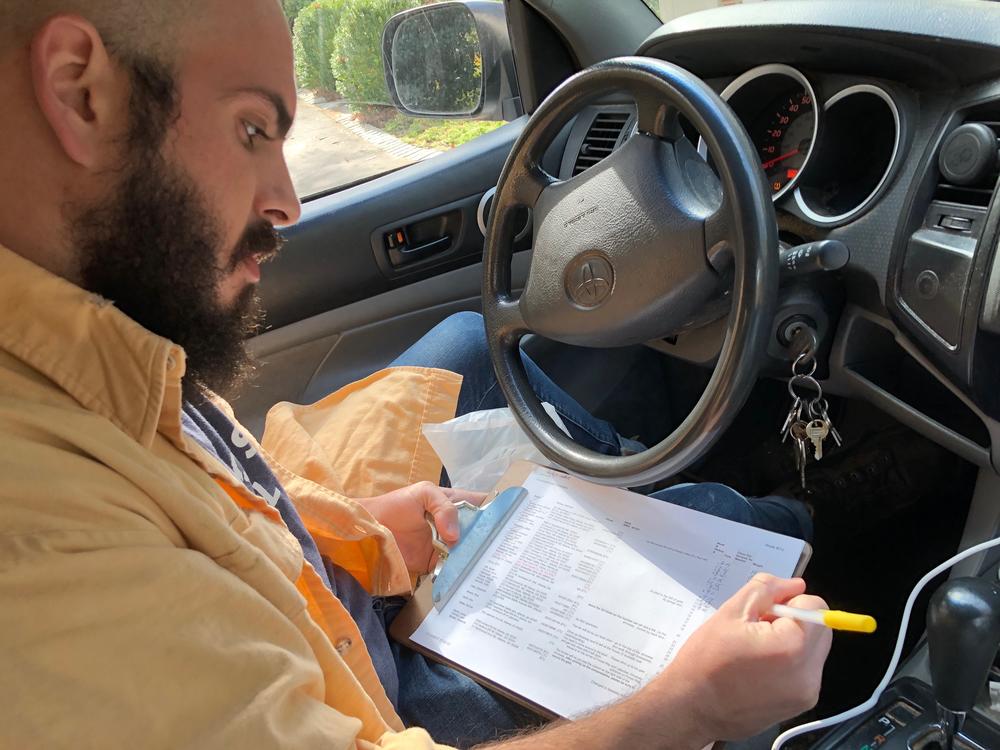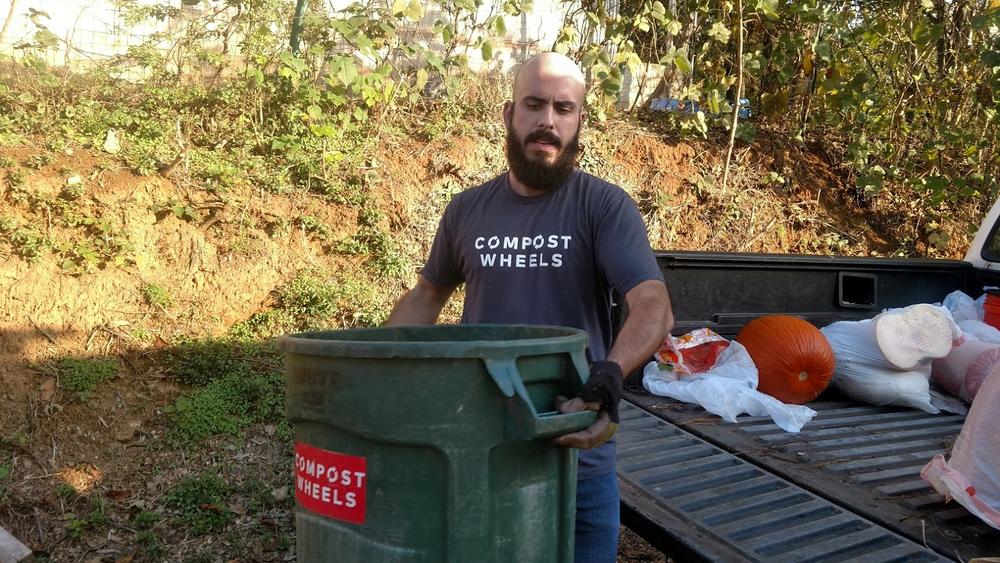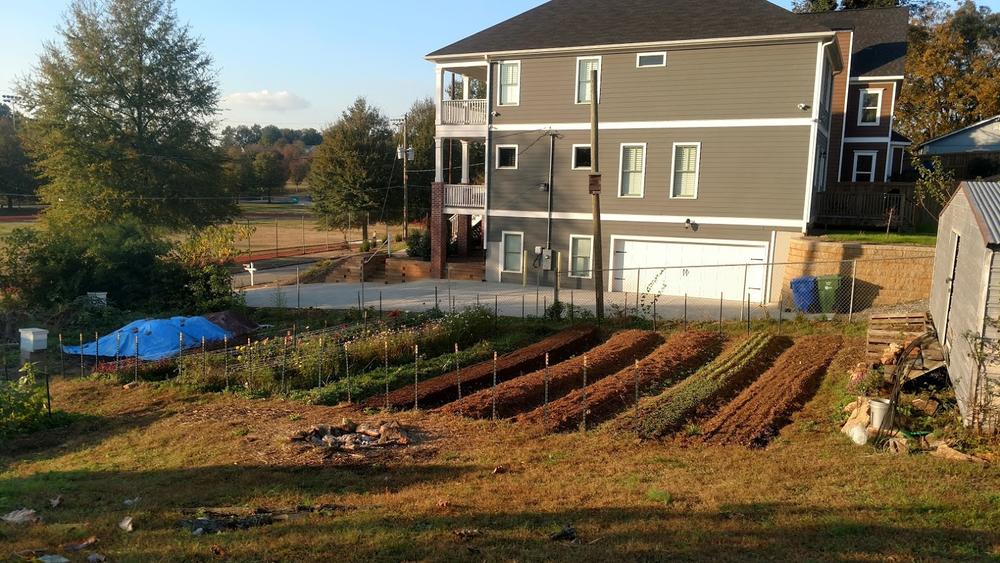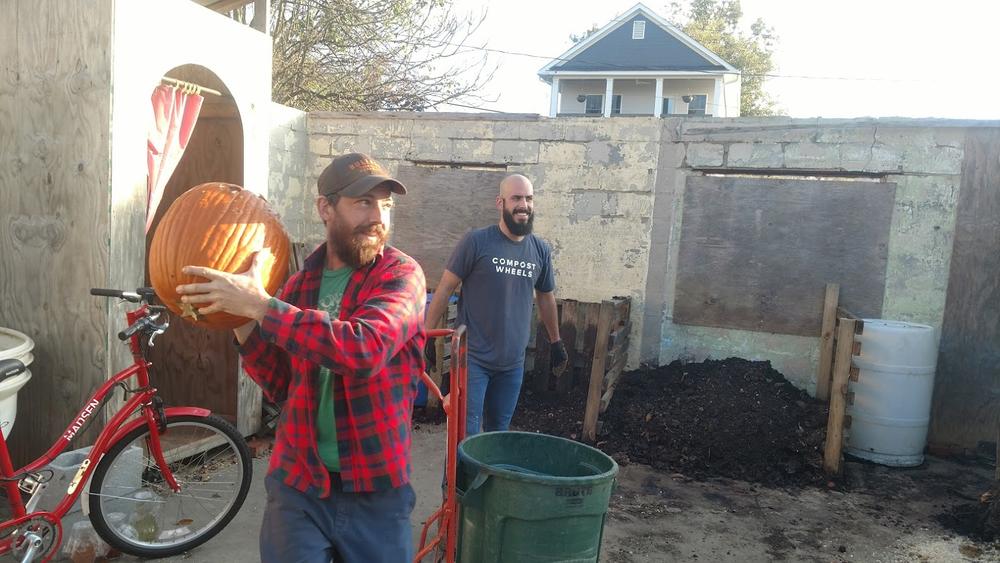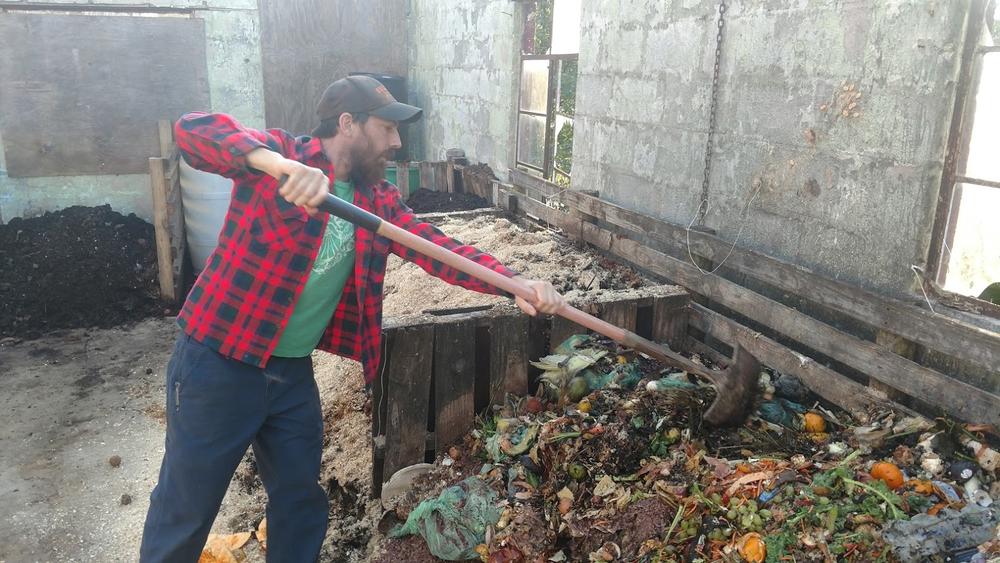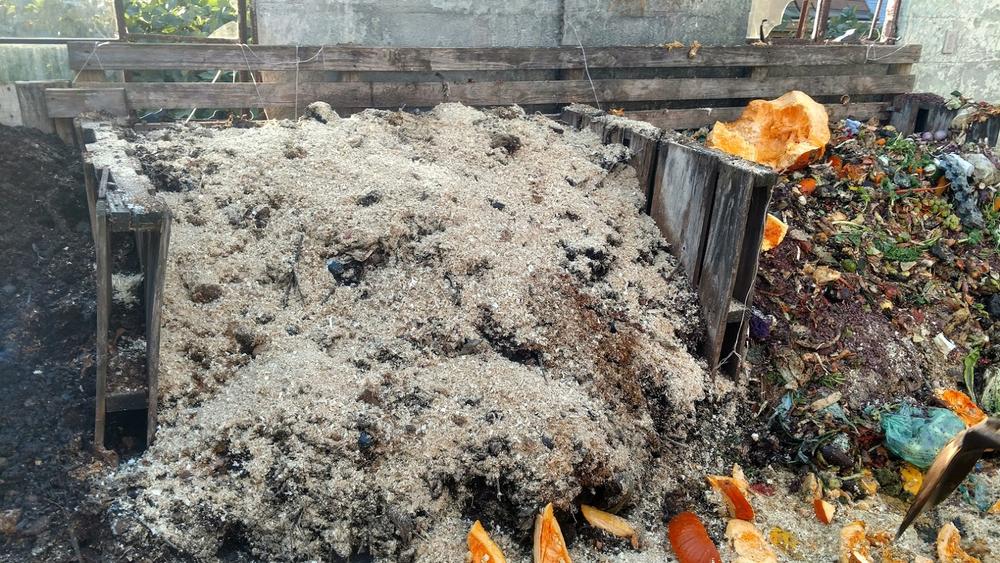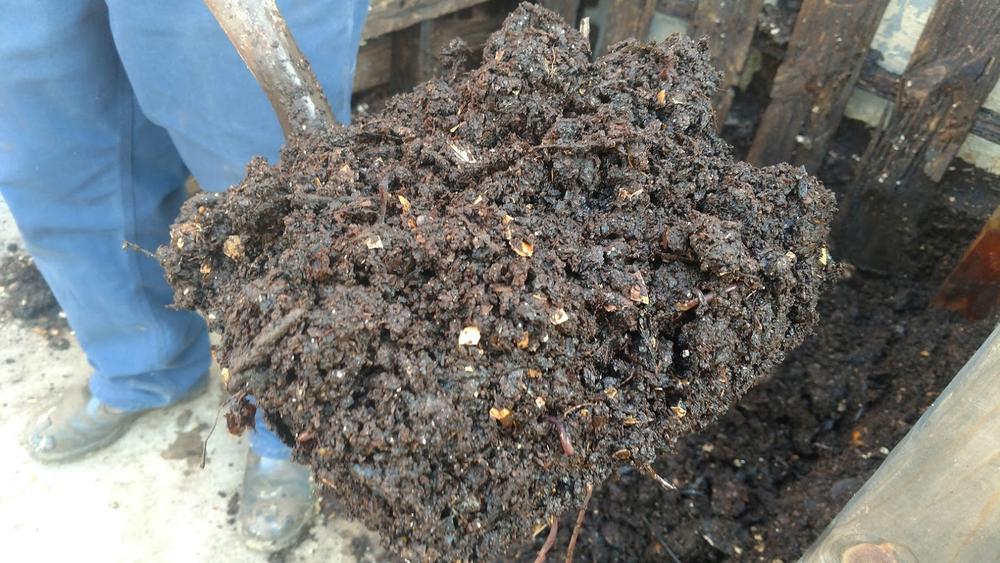Section Branding
Header Content
From Food Waste To Black Gold
Primary Content
After Thanksgiving dinner, you might still have leftovers that end up in the trash. Food waste is a big problem in landfills. The Atlanta-based group Compostwheels is trying to reuse a lot of that material by collecting it from homes and businesses, and turning it into "black gold," or as most of us know it, compost. GPB’s Sean Powers followed a Compostwheels delivery to learn how we all can play a larger role in urban agriculture.
